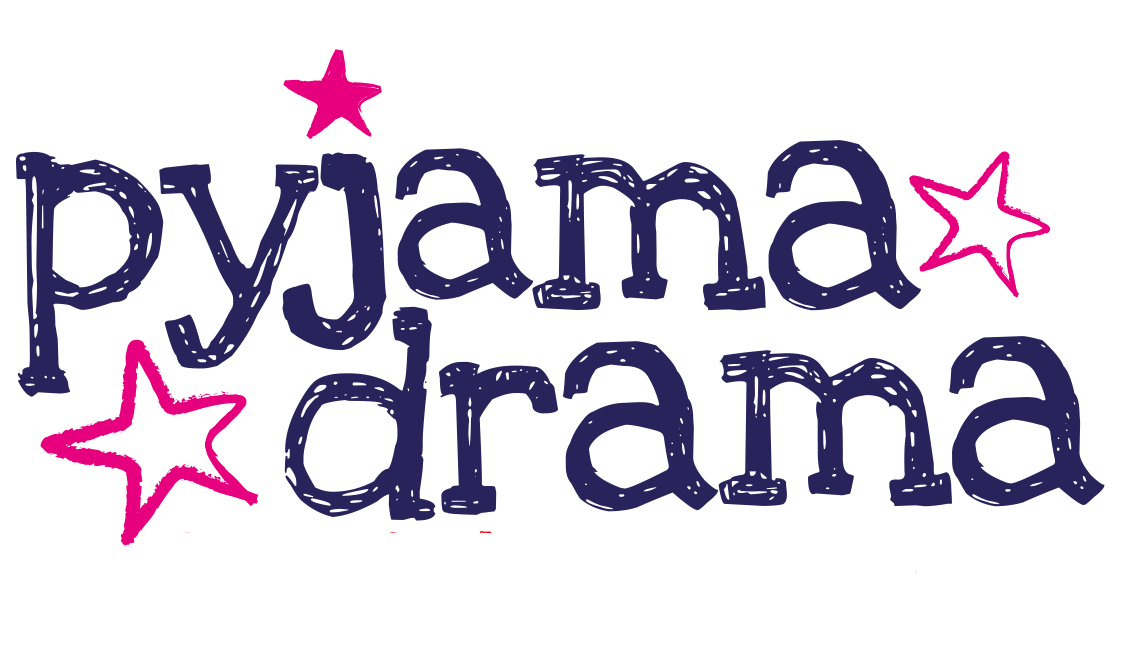Any useful skill, from being able to ride a bike or do up the buttons on your coat, can be considered a life skill. And, of course, everyone will have a different perception of what skills are considered ‘useful’ and what skills are not - a parent bringing up their child by the sea might consider learning to swim as more important than riding a bike, for example. In this article, we will discuss ‘life skills’ as those that we believe are integral to the future happiness, health, success, and well-being of our children.
At Pyjama Drama, we educate young children using drama and imaginative play to develop life skills. UNICEF, UNESCO and WHO, all list problem solving, critical thinking, communication, decision-making, creative thinking, interpersonal skills, self-awareness, empathy, coping with stress, and managing emotions as the ten core life skills children need to deal effectively with the demands and challenges of daily life.
Our teachers develop these skills in class and our training opportunities and resources help early years professionals develop these skills through their own practice. How? By using simple but powerful techniques to create imaginary worlds and characters for children to explore
1. Drama teaches problem-solving (the process or act of finding a solution to a problem)
Without problems, there would be no drama! No food in the (imaginary!) fridge for our picnic? Let’s pick some raspberries from the garden – problem solved! A bee flying angrily around and scaring the dog? Open the window – problem solved! In all our imaginary worlds we encounter problems and encourage children to lead the direction of the drama by finding a way to solve them.
2. Drama develops critical thinking (disciplined thinking that is clear, rational, open-minded, and informed by evidence)
Linked to problem-solving, critical thinking is a skill our children need to solve their problems effectively. So, from working out how to mend the rickety bridge to planning how to set Pirate Pat free from his captors without getting caught, critical thinking plays an important role in our classes, parties and performances, and forms part of our training for early years practitioners
3. Drama targets the development of communication
Children rapidly pick up new vocabulary as they communicate through the language of the different characters they play (a doctor and a dragon probably don’t have the same vocabulary and in general, may communicate quite differently). Listening, an integral part of communication is developed through pretend play, as are children’s non-verbal communication skills – the ability to share thoughts, feelings and ideas (and to understand others) through facial expression, body language, posture, and gestures.
4. Drama nurtures a child’s ability to make decisions
Our child-led approach ensures that children are given first-hand experience of the decision-making process. Shall we approach the sleeping monster or not? Should we take water with us on our hike up the mountain? Shall we steal the witch's magic or wand, or try to make our own magic spell? Making the ‘right’ decision brings gratification but even making the ’wrong’ one is an essential learning experience.
5. Drama develops creative thinking
Creative people can view things in new ways and from different perspectives. They can think on their feet and generate new ideas. Our approach to drama and pretend play encourages the development of creativity as children lead the direction of the drama themselves, come up with solutions to problems in role and respond imaginatively to a range of pretend situations
6. Drama enhances interpersonal skills
Interpersonal skills are a specific set of skills that directly relate to how children interact with others including cooperation, conflict resolution, diplomacy, listening, communication, and respect for others. Drama is all about relationships so when children pretend, they re-enact the relationships they see around them, imagine different relationships, and practice how to manage difficult relationships in a safe and supportive environment.
7. Drama develops self-awareness (an understanding of feelings and behaviour and how these impact others
First and foremost, drama requires children to ask questions of themselves - how do I feel about that? What do I like? Why do I like it? – then to explore the thoughts, feelings, and motivations of others. This helps children see that everyone has similarities and differences and to feel good about themselves.
8. Drama develops empathy
A child displays empathy by noticing that mum looks sad and giving her a hug, by asking a friend to play if they’re standing on their own, asking if they can help when a friend looks frustrated or giving them some space when they’re angry. Pretend play teaches empathy through osmosis – when children take on different roles, they have no choice but to empathise with them.
9. Drama helps children cope with stress
Having regular fun in your life is so important and drama is a fun, physical activity that produces the feel-good chemicals endorphins; chemicals that relieve feelings of stress. In addition, when children pretend play, they are transported away from the stresses and strains of the real world to imaginary lands where they can adventure with fantastical characters and make new friends.
10. Drama helps children manage their emotions
To be able to manage their emotions, a child must first be able to recognise and name them, and drama helps children to do just this. They learn what emotions look like when our teachers model them through their own facial expressions and body language, they experience emotions for themselves as they take on different roles, and they discuss emotions (both in and out of role), learning to name them.
If you're a teacher or a parent and you'd like to learn how to develop your children's life skills through drama, take a look at our award-winning training opportunities. Specially developed with people with little or no drama experience, our training will give you the confidence and the skills to use drama techniques and lead drama games that will develop your children's life skills and promote their well-being!


